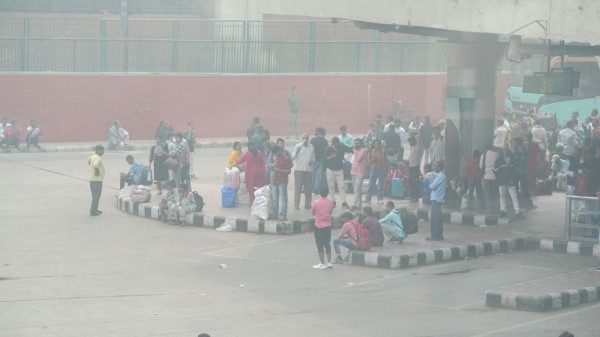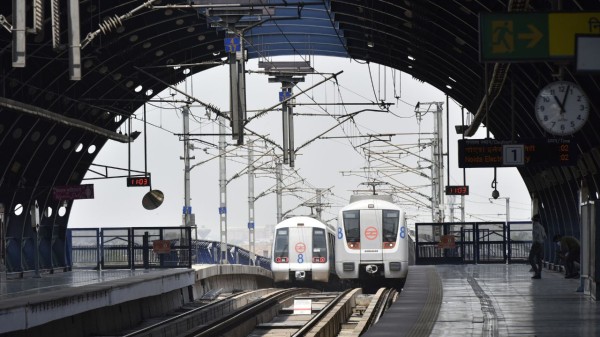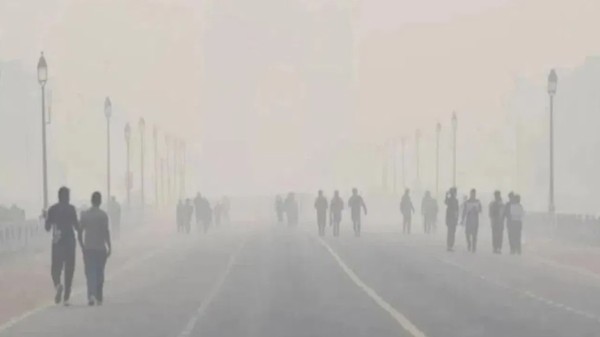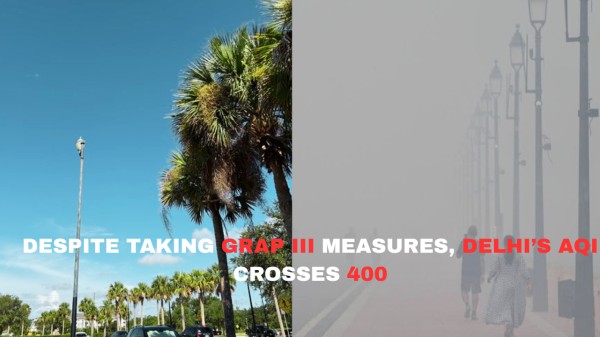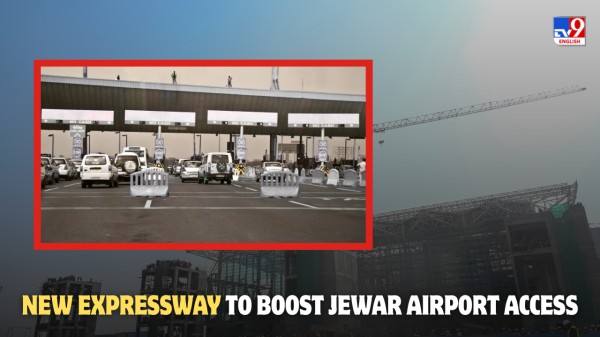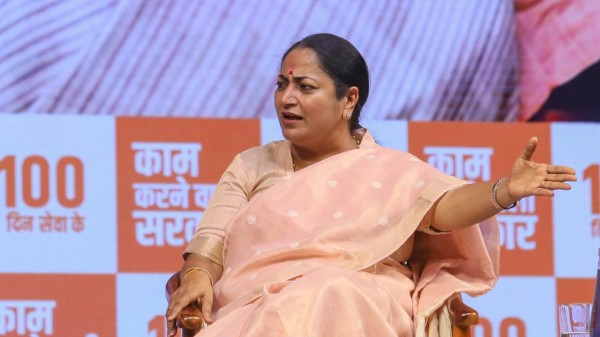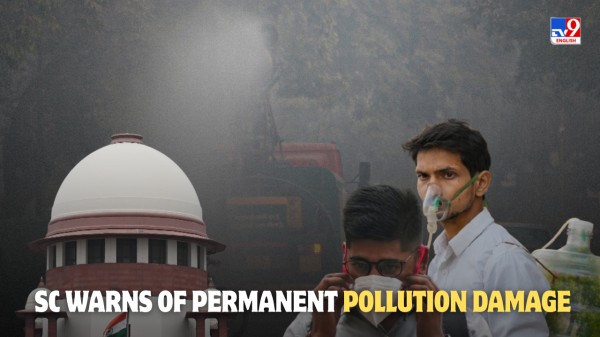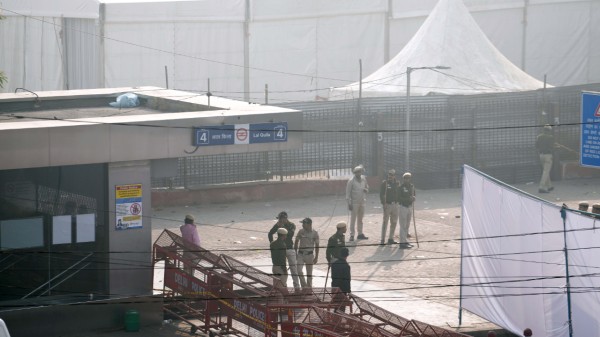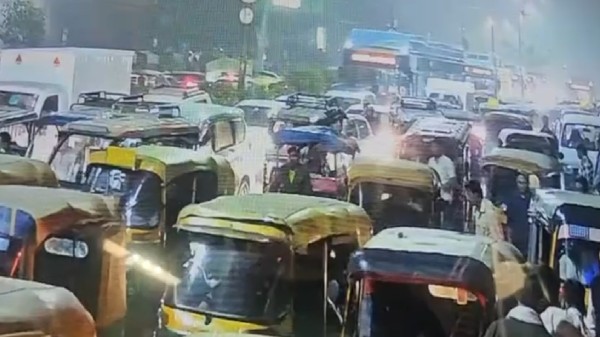

By signing in or creating an account, you agree with Associated Broadcasting Company's Terms & Conditions and Privacy Policy.


By signing in or creating an account, you agree with Associated Broadcasting Company's Terms & Conditions and Privacy Policy.

New Delhi: The Delhi Metro Rail Corporation (DMRC) has added 60 more train trips starting Tuesday (November 11) after the Commission for Air Quality Management (CAQM) imposed Stage III of the Graded Response Action Plan (GRAP) in the national capital in view of rising air pollution levels in NCR.
The decision to run additional metro trips has been taken with an aim to encourage commuters to use public transport instead of private vehicles to help check the air pollution in the national capital.
A senior DMRC official confirmed the move to IndianExpress.com, saying, “Yes, we have started 60 additional train trips after GRAP-III was imposed in Delhi.” On October 27, the DMRC had added 40 extra trips when GRAP-II measures were implemented. At that time, the corporation had said that it was ready to increase the number of additional trips to 60 if stricter measures under GRAP-III were enforced.
On November 11, Delhi recorded the worst air quality of this season as the AQI touched 423 in ‘severe’ category. Following this, the central government ordered tougher actions under Stage III of GRAP to control pollution.
Stage III measures include a complete ban on non-essential construction and demolition work, such as earth digging, piling, and laying of sewer or electric lines through open trenches. The operation of Ready-Mix Concrete (RMC) plants, stone crushers, and mining activities is also prohibited.
In Delhi, Gurugram, Faridabad, Ghaziabad, and Noida, private BS-III petrol and BS-IV diesel four-wheelers are not allowed to operate. The curbs also extend to non-essential diesel-run BS-IV medium goods vehicles and diesel light commercial vehicles from outside Delhi, except those involved in transporting essential goods or providing vital services.
Private offices are advised to allow their employees work from home (WFH) or hybrid work systems to help reduce traffic-related emissions. Besides this, schools up to Class 5 have been asked to remain closed and conduct online classes until further notice.
Essential public projects, like those related to the railways, airports, metro, defence, sanitation, and healthcare, are excluded from this ban. However, strict dust and waste control measures are supposed to followed at these sites.
